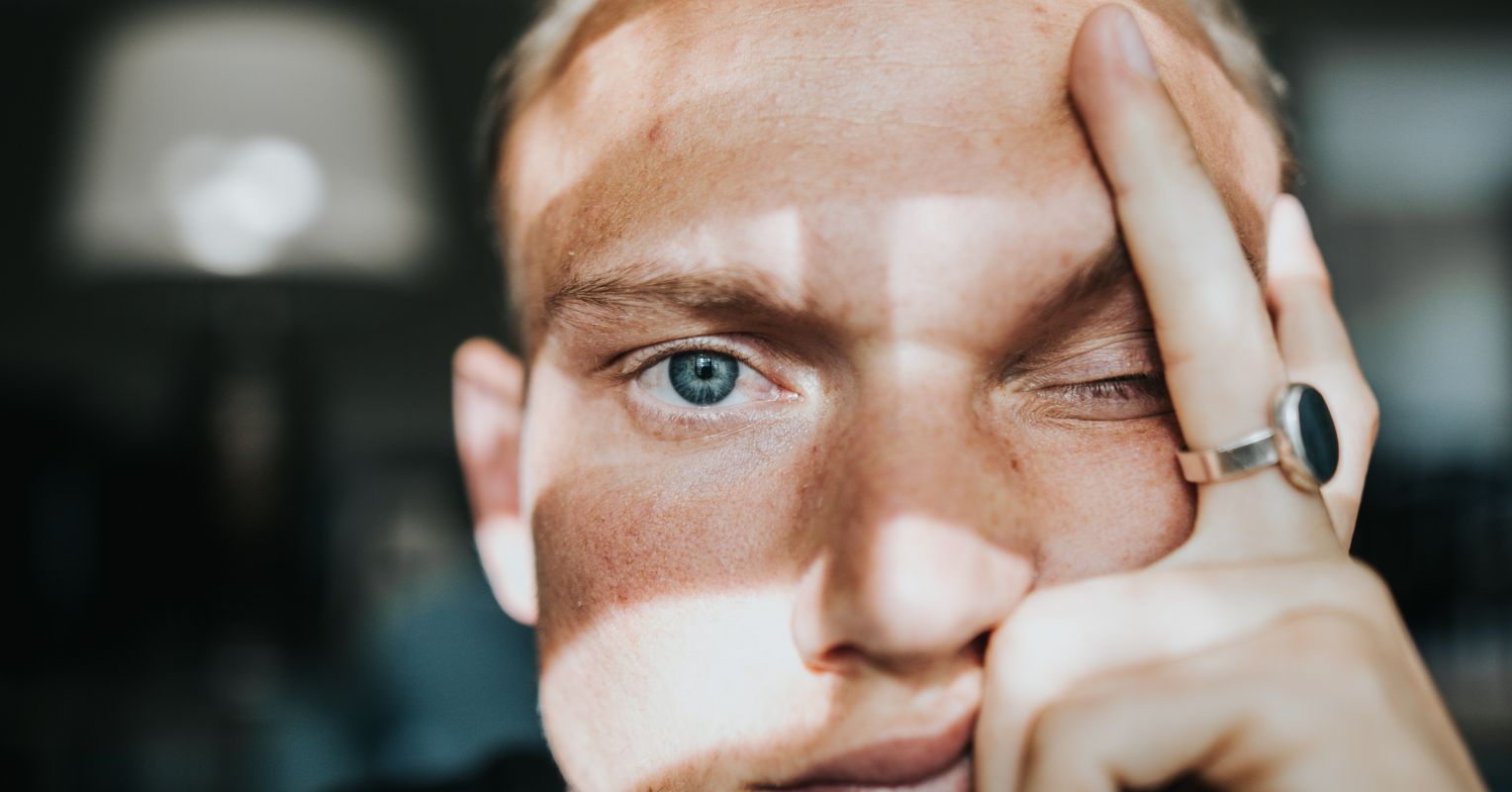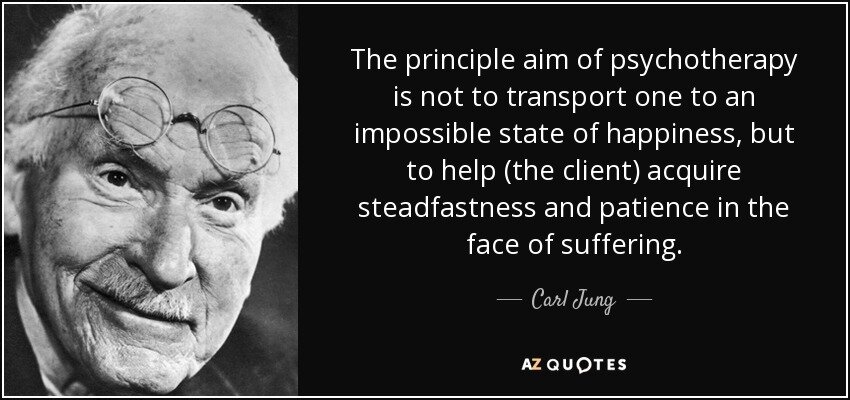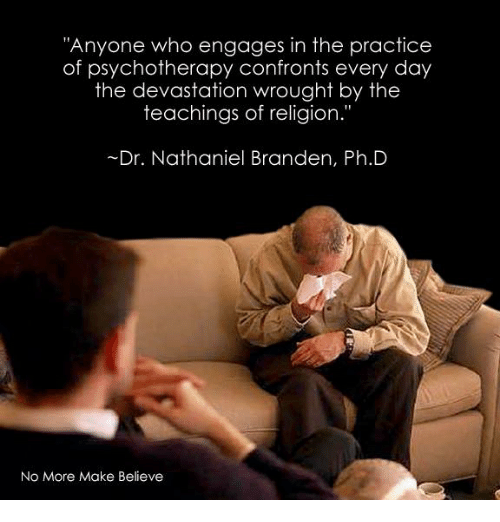
Introjection - GoodTherapy.org Therapy Blog
Introjection, one of many defense mechanisms posited by Sigmund Freud, occurs when a person internalizes the ideas or voices of other people. This behavior
Introjection, one of many defense mechanisms posited by Sigmund Freud, occurs when a person internalizes the ideas or voices of other people. This behavior is commonly associated with the internalization of external authority, particularly that of parents.
Introjection may lead individuals to pay an inordinate amount of attention to the beliefs of others rather than their own personal needs.




